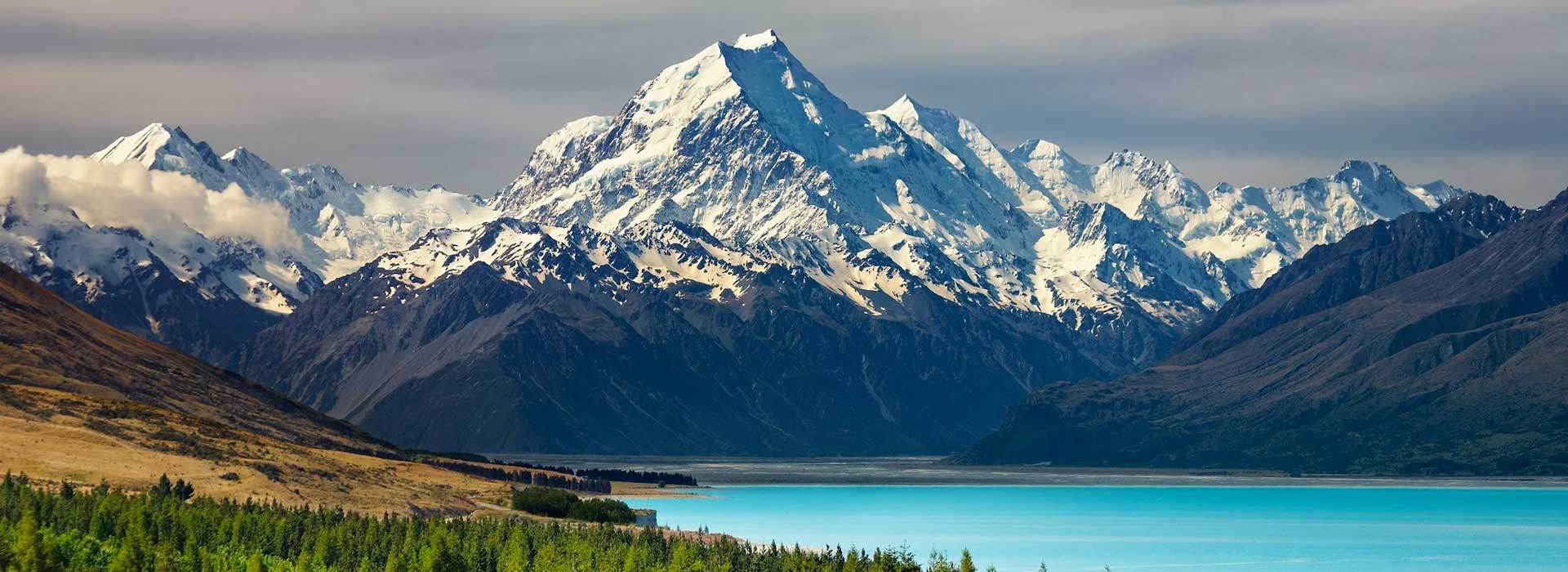Angel investors & Start-ups: Not for the faint-hearted
Earlier this month our MD Tracey Swinehart attended this year’s Annual Angel Summit which is now one of the top Angel events in the world. Following are some of her insights from these two days.
Angel ECO-System in NZ
New Zealand’s capital ecosystem is still a way off from being fully developed with a long standing gap in supply of follow-on funding in the Venture Capital space. NZ start-up investments are therefore typically characterised by lots of small angel rounds with our angels participating in follow on rounds for longer than our offshore counterparts.
Lack of MNC (multi-national corporations) in NZ is another driver for our sub-optimal eco-system. MNC’s play several roles, they contribute to % of GDP spend on R&D (NZ has one of the lowest in the OECD), a pathway for commercialisation of our technologies, and a training ground for key talent who can propagate their learnings by going off and starting their own tech companies. NZ’s geographical isolation and narrow tech sector (dominated by primary industry and tourism) are key factors that have always made it difficult to attract MNC’s.
Lack of Exits
NZ start-ups have a poor exit record and are too used to settling for failure as being OK. Most Angel groups are reporting deals that have been live for far too long (the walking dead) that are going nowhere or are un-exitable. We need more exits to ensure Angel funds continue to grow and money is recirculated for the start-up capital eco-system to work. Exacerbating this is Kiwi founders who often resist early exit opportunities
Brian Russel founder of Zephyr Technologies said through his journey he has learned to plan from Exit backward. A number of other speakers reiterated that planning for Exit needs to be part of the strategic agenda from day one and every Board should devote time on their agenda to this at every meeting right from the start.
“The AANZ has become one of the top summits in the world”
Bill Payne, US Angel Capital Association Hans Severiens Award Winner.
NZ Angel Investment Statistics
Here are some statistics on New Zealand’s Angel investment performance for 2015 presented by Debra Hall (Angel Association Executive Committee):
- $61.2m invested across 132 deals in 94 companies.
- 30% went into new deals, the balance to follow-on rounds
- 40% seed capital, 53% start-up stage, 7% carrying on into expansion capital, (based on no. of deals not $)
- 75% of Angels are in the 45-64 year age range and 50% are working full-time in addition to contributing as an Angel. This fact will be a contributing factor to the shortage of Angel Directors available to participate on start-up Boards with most in the audience stating it was more a lack of free time over any other factor.
- Of the 5 of out NZ’s 11 Angel Clubs surveyed, 90% of their investors are male. This is not new news of course and is matched by our record of only 17% (2015) of company directors being female. However for the woman present at the Summit there was much debate as to why this is – it certainly does not correlate with the quantum of females achieving academically and leaving our universities with appropriate degree’s. Next year’s Summit intends to continue focus on increasing diversity across the attendees and throughout our Angel-base and our Boards.
Sir Peter Gluckman’s (Chief Science Advisor to the Government) talk was especially interesting. He stressed how important Angels are to the NZ innovation ecosystem and proposed that we need to lobby government stronger for support to better enable private R&D investment. These needs are otherwise lost amongst governments other public initiatives for supporting R&D.
Growing New Zealand’s Tech Sector
Sir Peter proposed that NZ needs to spend at least 1% of its GDP on R&D to grow its tech sector. We are currently only at 0.5%. His thoughts on why NZ R&D spend is sub-optimal included:
- Kiwis have a low risk culture (perhaps because of our self-sufficient island mentally)
- We are very individualistic as a country which makes it difficult to build teams
- Geography keeps us thinking on a NZ and regional scale instead of global from day one
- Sector dominance by Primary Industry and Tourism, small Technology sector
- Lack of MNC’s in our ecosystem
- Lack of private sector spend on R&D
- Low ‘intellectual history’ – we celebrate our sports successes but not our scientist or entrepreneurs
- We are inventive, but not necessarily innovative
- Our scientist do a good job but we are very poor at commercialising our inventions and too often give our technologies away or don’t retain them in NZ.
Its therefore a lot about our culture, not just our structure. Sir Peter feels we have done a good job of ensuring science, innovation, and government are collaborating, however he likened it to having a power station built but only a trickle of water flowing into it (lack of technology innovations). We need to increase R&D spend to increase the flow to build an technology ecosystem and attract more investment in to NZ.
NZ has long since looked to Europe and other OECD countries to adopt technology growth frameworks but these have been proving unsuccessful when down-scaled in a NZ context. More recently NZ looked to examples of smaller countries (<10m population) in advanced economies that were achieving higher GDP % on R&D spend than NZ; this included Israel & Singapore. This led to a 50-strong mission to Israel earlier this year to learn from their world-leading innovation ecosystem, forge new business collaboration opportunities between New Zealand and Israel and develop ideas that could contribute to the unleashing of New Zealand’s potential.
Sir Peter participated in this mission and below are some of the drivers that he suggested contributes to Israel’s strong and growing tech sector.
- Major private spend on R&D, higher than public spend
- Good network of MNC’s and international VC’s
- University policies toward Intellectual property are now focused on the good of the idea, not the entity. They are not in the business of owning IP (something NZ is yet to embrace).
- R&D tax regimes and taxation of ESOP schemes have been overhauled to better support start-ups
- Start-ups thinking global from day one. For incubators, accelerators and investors alike, if the founder is not thinking global from inception then they move on to the next deal. Like NZ, Israel is too small for great ideas to be successfully commercialised with a local or regional stepped approach.
Angels and Start-Ups – It’s not for the faint hearted
Some other key takeaways from me from the Summit include:
- Angel investors are an extremely important part of the NZ innovation eco-system.
- Most Angels and Angel Groups are not in it just for the money; many equally ranked the opportunity to be involved in the business as a personal motivator, alongside the desire to mentor and give back.
- The key message however from many of the international presenters at the Summit was that while these other philanthropic drivers are admirable, making a return should be #1, without it Angel funds do not get recycled and the eco-system does not work.
- We are running very thin on people available to be Directors of start-ups.
- We have a serious lack of diversity amongst Angels and on our Boards.
- The amount of time required as a Director on a start-up’s Board is often under-estimated and this appears to be the key reason for the shortage – lack of available time more so than risk aversion.
- We (Kiwi Angels) are not good at making a decision to stop and walk away from a start-up investment that is not performing, instead we put in another round in the hope things will come right; we need to be better at knowing when to stop putting good money after bad so we can move on to the next investment that will use our angel funds more effectively.
- Kiwi start-ups are not good at accepting early exits.
The latter is a subject I particularly feel strongly about. For investors (particularly the founders), it’s really important to acknowledge when the right time is to ‘get off the bus’. I think as kiwis we tend to believe we need to conquer every challenge – that desire to prove that a kiwi company can achieve global domination. And yes it can be done, but it’s a road fraught with significant risk and many won’t succeed.
There is absolutely no shame is achieving an early return for founders and early investors by taking an early exit opportunity if one presents itself. If all parties achieve an acceptable Nx on their investment, then stepping aside to allow a new team with significantly greater resources and global channels to take your baby to the next stage is in my opinion a great outcome. Sure you could stay on the bus longer and potentially achieve a greater return, but you are more likely to falter due to lack of capital, resources and experience along the way and be heavily diluted.
If you are planning on global domination from NZ then you must think and plan for this from day one, partner with teams and investors who have the right networks and experience to get you there. Getting smart with B2B partnerships with offshore businesses as an extension of your team can create similar leverage that our offshore competitors would achieve working with MNCs.
For anyone interested in learning more about becoming an Angel investor and/or giving time to support a start-up business as a Director or mentor, please talk to your local Angel group or visit http://www.angelassociation.co.nz/.
Want to read more on creativity, design, product development and innovation? Go to our Six Lenses Blog.


Comments